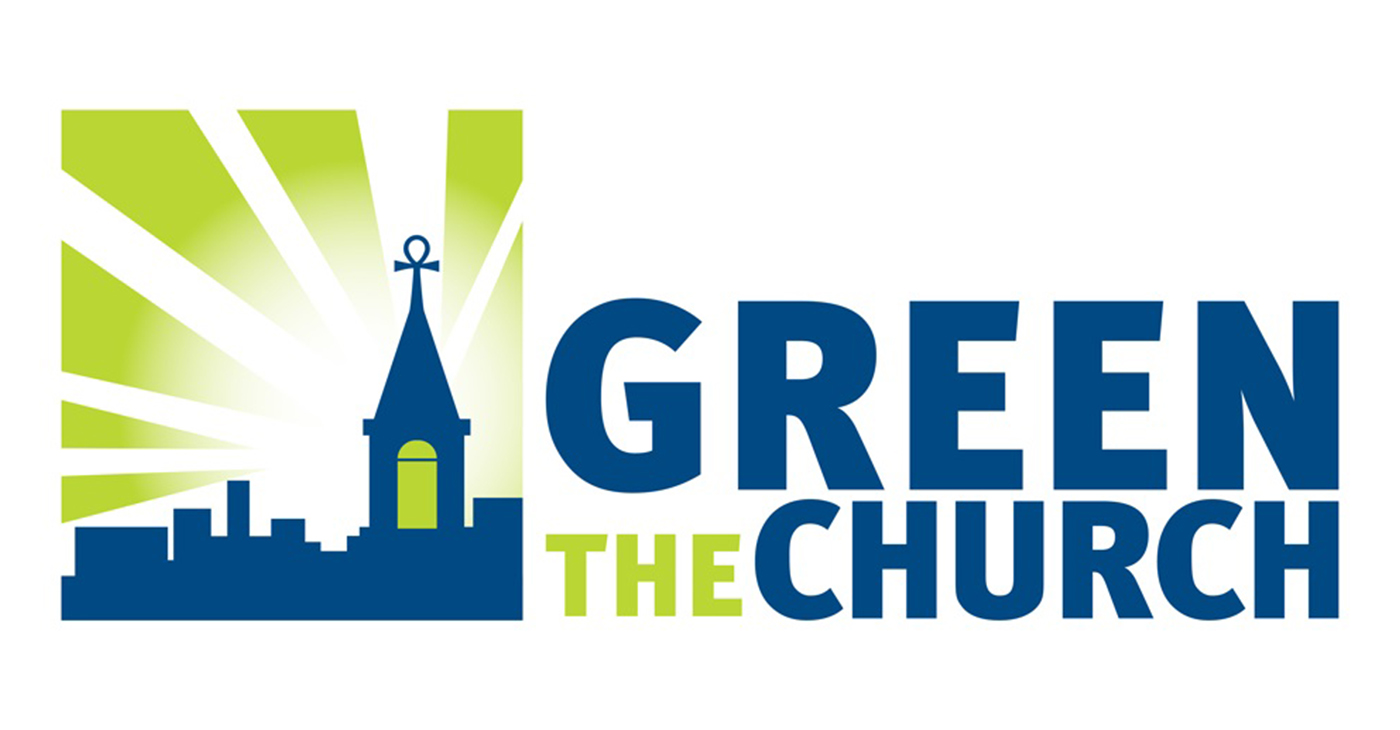Activism
Golden State Warriors’ Draymond Green Takes Defense Skills to New Arena

Draymond Green, 30, has won three National Basketball Association (NBA) Championships with the San Francisco-based Golden State Warriors and is known to be an agitator on the court.
Now, the three-time NBA All-Defensive First Team selection has mounted an attack off the hardwood in another arena: Politics. Green is speaking out, online and off, expressing his displeasure for Assembly Bill (AB) 1998, the “Dental Practice Act,” which is authored by Assemblymember Evan Low (D-Campbell).
Assemblymember Evan Low (D- Silicon Valley) on the floor California State Assembly June 10, 2020. (photo by Antonio Ray Harvey)
If passed by the California Senate, AB 1998 would make it more difficult to access teledentistry services by requiring an in-person visit to a dentist.
The bill would also prohibit internet companies from offering direct-to-consumer products like clear aligners or other orthodontics to Californians until legislation is passed that establishes parameters for how teleorthodontic companies may operate.
Last week, Green fired off a series of tweets directed at AB 1998 and Low. At a Business and Professions Committee hearing on AB 1998 held in May, Low had opened up his presentation to the members of the committee with a salvo declaring that teledentistry and telehealth are “telecrap.”
You’re clearly trying to minimize what I’m saying because I’m an ‘NBA champion’, but I’m actually coming at it as someone who grew up with nothing. And who’s mom sacrificed to get me braces. How many others can’t afford it? Kids who grew up like me and look like me. @Evan_Low https://t.co/Pe2rBywTTG
— Draymond Green (@Money23Green) July 10, 2020
“This will disproportionately hurt communities of color; not everyone can go to health-care providers,” Low said. “The reality is that subpar treatment can do real harm, the risk is too high.”
But Green says that he is standing up for disadvantaged African Americans who can’t afford to just drop into a dentist’s office to get X-rays and clearance before they can purchase dental products they need from companies like SDC. But his objection is also personal.
Two days before his Twitter rant, he sent a two-page letter to several California politicians explaining the hardship he once experienced trying to get affordable dental care.
In it, the athlete said his mother struggled to pay $7,000 for the metal braces he wore between his eighth- and 12th-grade years. He also wrote that he broke his retainers when he arrived at Michigan University and couldn’t leave to fix them because of the strict demands of his basketball schedule.
Because of “crooked teeth,” he wrote, smiling wasn’t a gesture of his for many years.
He also shared personal stories of how affordable direct-mail dental products helped him fix his teeth and regain his confidence. “After seven years of hiding my smile, I made a decision that I was going to finally fix my teeth again. Only this time I decided that I would try invisible aligners. I came across a teledentistry platform with licensed dentists by the name of SmileDirectClub,” Green stated in the letter.
Limiting access to such products to others seemed unfair to Green.
“Do you want to tell them they’re not worthy of a good smile? They’re not worthy of confidence, employment opportunities, and so many other benefits, a good smile brings? @Evan_Low,” Green tweeted.
Do you want to tell them they’re not worthy of a good smile? They’re not worthy of the confidence, employment opportunities, and so many other benefits a good smile brings? @Evan_Low
— Draymond Green (@Money23Green) July 10, 2020
However, Green’s political pushback against AB 1998 may also be rooted in more than one stake the athlete has in teledentistry. Green has a financial investment in the SmileDirectClub (SDC), a global leader in the online dental care industry. In September 2019, Forbes reported that Green started investing in SDC four years earlier in 2015 at a $150 million valuation. The financial publication also mentioned that Green could make 40 times more from his investment. SDC began trading publicly on Sept. 12, 2019, according to Forbes.
But Green ascribes the issue of profits more to the idea of protecting dentists.
“The only issue of profits here is you giving more to dentists, while, once again, underserved communities are shut out. Sounds like you’d prefer if I shut up and dribble @Evan_Low,” Green tweeted on July 10, the day Low’s comment surfaced in the media.
In his letter, Green asserted that because Assemblymember Low’s constituents are among the richest Californians, and that maybe Low is unaware of how his legislation might hurt poor Californians.
“If there is something I’m missing as to why you would consider adopting a bill that would take away doctor discretion to subject a patient to radiation, that would also limit access and significantly increase the cost of dental care then let’s set up a call to discuss,” he offered. “This is California. We’re supposed to be leading on these issues. Instead, this bill is a step in the wrong direction.”
Low’s district covers parts of the South Bay and Silicon Valley. Home to a number of tech companies, the area is more than 50% white and under 3% African American. Latinos account for about 17%.
But Low believes the teledentistry industry takes advantage of poor communities. “This will disproportionately hurt communities of color; not everyone can go to health-care providers,” Low said. “The reality is that subpar treatment can do real harm, the risk is too high.”
Green told recipients of his letter that the California State National Association for the Advancement of Colored People (NAACP) and the California Black Chamber of Commerce are all opposed to AB 1998.
In March, California State NAACP President Alice Huffman asked the Legislature to knock down any bill that would create an obstacle to affordable dental care.
Huffman said SDC’s teledentistry platform for clear aligner therapy treatments has helped more than 100,000 Californians, including African Americans.
“Now, more than ever, the African American community needs as many options as possible to close the disparity gap for oral health care. African Americans and other people of color have the right to affordable, quality health care treatment,” Huffman said.
Activism
WOMEN IMPACTING THE CHURCH AND COMMUNITY
Juanita Matthews, better known as “Sister Teacher,” is a walking Bible scholar. She moved to California from the great state of Arkansas in 1971. Sister Teacher has a passion for teaching. She has been a member of Bible Fellowship Missionary Baptist Church since 1971.

Sister Juanita Matthews
55 Years with Oakland Public School District
The Teacher, Mother, Community Outreach Champion, And Child of God
Juanita Matthews, better known as “Sister Teacher,” is a walking Bible scholar. She moved to California from the great state of Arkansas in 1971. Sister Teacher has a passion for teaching. She has been a member of Bible Fellowship Missionary Baptist Church since 1971. She followed her passion for teaching, and in 1977 became the lead teacher for Adult Class #6. Her motto still today is “Once My Student, Always My Student”.
Beyond her remarkable love for the Lord, Sister Teacher has showcased her love for teaching by working for the Oakland Unified School District for 55 years, all but four of those years spent at Emerson Elementary and Child Development School. She truly cares about her students, making sure they have the tools/supplies needed to learn either at OUSD or Bible Fellowship Missionary Baptist Church.
She’s also had a “Clothes Closet Ministry” for 51 years, making sure her students have sufficient clothing for school. The Clothes Closet Ministry extends past her students, she has been clothing the community for over 50 years as well. She loves the Lord and is a servant on a mission. She is a loving mother to two beautiful children, Sandra and Andre. This is the impact this woman of God has on her church and the community.
Activism
Oakland’s ‘Green the Church,’ Others, Host a Climate Revival
On April 20, Oakland’s Green The Church California (GTC) and the Center For Food, Faith and Justice will celebrate Earth Day and present a Climate Revival event titled “Growing Healthy Communities From Soil To The Soul” at McGee Avenue Baptist Church at 1640 Stuart St, Berkeley, CA. The day will include inspiring talks, interactive workshops, networking opportunities, and a special panel on Food Sovereignty and Global Food Resilience.

Growing Healthy Communities from Soil to the Soul in Berkeley
By Y’Anad Burrell
On April 20, Oakland’s Green The Church California (GTC) and the Center For Food, Faith and Justice will celebrate Earth Day and present a Climate Revival event titled “Growing Healthy Communities From Soil To The Soul” at McGee Avenue Baptist Church at 1640 Stuart St, Berkeley, CA,
The day will include inspiring talks, interactive workshops, networking opportunities, and a special panel on Food Sovereignty and Global Food Resilience.
The keynote speaker is Rev. Danté R. Quick, PhD, senior pastor of First Baptist Church of Lincoln Gardens in Somerset, N.J. Quick is well known in the Bay Area, having served for more than 10 years as pastor of Friendship Missionary Baptist Church in Vallejo, CA.
Green The Church, founded in 2010 by Rev. Dr. Ambrose Carroll, Sr., and headquartered in Oakland, helps galvanize Black churches and their local communities and leaders to address issues critical to populations historically disengaged from conversations around pollution and health, climate change, and sustainability and energy efficiency.
The organization collaborates with major environmental, sustainability, food security, faith, and community-based non-profit organizations, and is committed to “creation justice”—care and justice for God’s people and the planet—and building the Beloved Community.
Environmental justice has long been a pressing concern for communities of color who bear the brunt of pollution and ecological degradation. Climate change exacerbates these issues, disproportionately impacting vulnerable communities. Recognizing this urgency, Black churches across the country are taking action.
With deep roots in the African American community and its commitment to social justice, the Black Church has become an essential advocate for sustainable practices and policies.
Over the past 14 years, in a powerful collaboration with significant environmental, sustainability, food security, faith, and community-based non-profit organizations, GTC has created a cadre of Black churches engaging in the environmental justice, climate, and sustainability movement.
GTC presently works with more than 1,000 pastors and congregations across the U.S., and groups in the Bahamas, Ghana, Nigeria, and the UK, showing that we can make a difference together.
The partnership between environmental justice advocates and the Black Church extends beyond individual congregations. Green The Church provides resources and support for faith communities seeking to address climate change and promote environmental justice.
Through collaboration, initiatives such as energy efficiency programs, solar installations, and environmental education have been implemented in Black churches nationwide. These efforts reduce the carbon footprint and save money on energy bills, benefiting the congregations and their communities.
The involvement of the Black Church in the fight against climate change is not just a participation, it’s a powerful message that galvanizes action across communities.
By integrating environmental justice into their ministry, Black churches are demonstrating that addressing climate change is not only a matter of science but also of social and moral responsibility, inspiring change at a grassroots level.
For more information, go to: www.greenthechurch.org.
Activism
Oakland Post: Week of April 10 – 16, 2024
The printed Weekly Edition of the Oakland Post: Week of April 10 – 16, 2024

To enlarge your view of this issue, use the slider, magnifying glass icon or full page icon in the lower right corner of the browser window. ![]()
-

 Activism4 weeks ago
Activism4 weeks agoOakland Post: Week of March 20 – 26, 2024
-

 #NNPA BlackPress3 weeks ago
#NNPA BlackPress3 weeks agoCOMMENTARY: D.C. Crime Bill Fails to Address Root Causes of Violence and Incarceration
-

 #NNPA BlackPress3 weeks ago
#NNPA BlackPress3 weeks agoMayor, City Council President React to May 31 Closing of Birmingham-Southern College
-

 #NNPA BlackPress3 weeks ago
#NNPA BlackPress3 weeks agoFrom Raids to Revelations: The Dark Turn in Sean ‘Diddy’ Combs’ Saga
-

 #NNPA BlackPress3 weeks ago
#NNPA BlackPress3 weeks agoCOMMENTARY: Lady Day and The Lights!
-

 #NNPA BlackPress3 weeks ago
#NNPA BlackPress3 weeks agoBaltimore Key Bridge Catastrophe: A City’s Heartbreak and a Nation’s Alarm
-

 #NNPA BlackPress3 weeks ago
#NNPA BlackPress3 weeks agoBaltimore’s Key Bridge Struck by Ship, Collapses into Water
-

 Activism3 weeks ago
Activism3 weeks agoOakland Post: Week of March 27 – April 2, 2024




















































